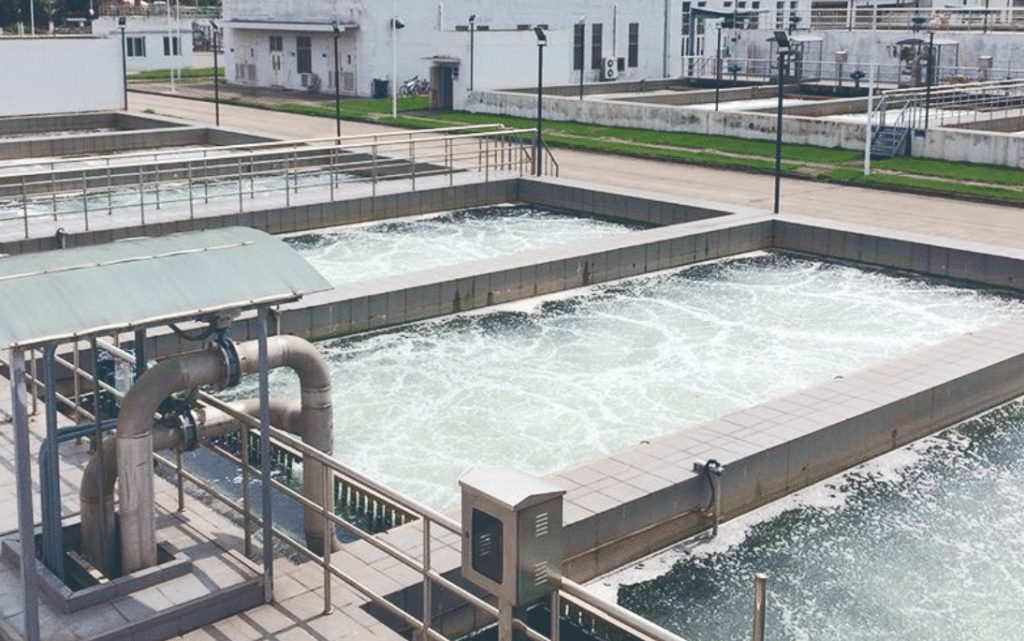What is residual chlorine?
Residual chlorine is the amount of chlorine left in the water after a certain time or contact time.
Residual chlorine test is one of the most common tests used in water treatment plants. The residual chlorine test determines the amount of residual chlorine in water that has completed testing and is ready for release into the distribution and delivery systems. Residual chlorine is an important measure to prevent microbial contamination.

Explanation of residual chlorine
Residual chlorine in water treatment comes in three forms.
- Free – residual chlorine consisting of dissolved hypochlorite ions, hypochlorous acid and chlorine gas
- Combined – consists of chloramines that kill bacteria and oxidize organic matter
- Total – the sum of free and bound residual chlorine
Hypochlorous acid and other strong acids are used as oxidizing agents for disinfecting drinking water. However, these acids can also react as oxidizing agents, especially with lead, which increases the chance of lead corrosion. Therefore, water treatment and distribution plant operators must ensure that the right amount of residual chlorine is available when the water reaches the end of the system.
In different environments and situations, it is sometimes necessary to determine the residual chlorine level to prevent corrosion from occurring in the water. This level must be determined and carefully studied by the water plant to achieve safe and efficient water treatment and distribution.
The following is the report under the analysis of residual chlorine in drinking water samples.
| Chlorine, Combined | 0.03 mg/l |
| Chlorine, Free | 0.02 mg/l |
| Chlorine, Total | 0.03 mg/l |
More articles on water quality parameters:
What is salinity?
What is dissolved oxygen?
What is pH in water test?
What is a pressure transmitter?
